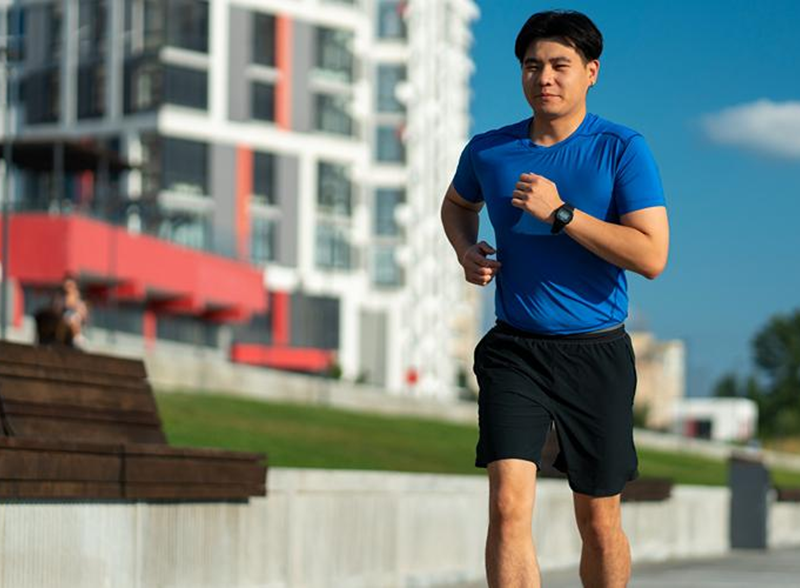
Lifestyle & Rehab Strategies After Prostate Cancer Treatment
Men undergoing prostate cancer treatment often face sexual health changes, including erectile dysfunction. This issue represents a significant concern, as it affects quality of life, confidence, and relationships. While treatment decisions focus on controlling cancer, it is equally necessary to discuss post-treatment rehabilitation. Fortunately, with a proactive approach, realistic planning, and support from specialists, men can manage the condition and improve their sexual function over time.
Addressing the Impact on Sexual Health Early
Erectile function can be affected by surgery, radiation, or hormone therapy. Nerves supporting erections may be affected in surgery. Radiation may cause a gradual decline in erectile performance due to vascular changes. Hormone therapy lowers testosterone levels, reducing sexual desire. It is useful to speak with a urologist before starting treatment to plan for rehabilitation early. Early discussion sets expectations and helps men prepare for support options, including devices and medication. Early involvement also limits the psychological stress associated with unexpected outcomes. Integrating sexual rehabilitation into the treatment pathway builds a structured response to erectile changes.
Physical Rehabilitation Measures
Rehabilitation for post-treatment erectile function often includes a combination of medical and lifestyle-based methods. Many specialists encourage penile rehabilitation programmes. These may include medication, vacuum erection devices, or injection therapy. These tools encourage blood flow to the penis, which supports tissue health. Pelvic floor exercises become part of the initial recovery for some men. These exercises strengthen muscles used in sexual function and can improve erectile firmness over time. Structured exercise schedules build consistency, making them more effective. Staying active in general also improves blood circulation, which supports sexual recovery.
Lifestyle Changes That Support Function
Men facing erectile dysfunction after cancer care benefit from lifestyle adjustments that target vascular and hormonal health. Smoking cessation is one priority, as smoking limits blood flow. Alcohol moderation also matters because excessive drinking interferes with sexual function. Regular physical activity supports testosterone balance, weight management, and blood circulation. Strength and aerobic exercise routines are often recommended by clinicians. A balanced diet rich in whole grains, healthy fats, and lean protein supports metabolic health and reduces risk factors linked to erectile issues. Consistency in these lifestyle adjustments increases the likelihood of improvement over time. While these measures may not fully resolve symptoms alone, they enhance medical interventions.
Emotional and Relationship Support
Emotional well-being plays a role in recovery. Prostate cancer treatment affects identity, confidence, and intimacy. Some men benefit from counselling or sex therapy to address stress and relationship tension. Anxiety around sexual performance can further impact erectile function. Involving partners in rehabilitation discussions often reduces pressure. Relationship communication becomes a tool for support rather than frustration. Therapists specialising in sexual health provide structured guidance, helping men adjust and explore new approaches to intimacy. Maintaining psychological resilience contributes to better long-term outcomes.
Accessing Erectile Dysfunction Treatment
Local healthcare providers offer structured pathways for erectile recovery. Men can consult urologists and sexual health professionals for assessment and personalised plans. Options for erectile dysfunction treatment in Singapore may include oral medication, penile injections, shockwave therapy, vacuum devices, or surgical implants, depending on the severity of symptoms and treatment history. Each individual progresses differently, so ongoing follow-ups support tailored adjustments. Rehabilitation is not a short-term process. Recovery timelines vary, with some improvements emerging within months, while others require longer-term interventions.
Prioritising Long-Term Sexual Function
Sexual rehabilitation after cancer care requires patience. Combining lifestyle practices, emotional support, and structured medical strategies results in the best outcomes. While the effects of prostate cancer treatment can feel overwhelming, consistent engagement in rehabilitation creates an opportunity for improvement. Men can regain confidence and strengthen sexual well-being as part of their overall health journey by seeking guidance early and participating actively in recovery.
Contact the National University Hospital (NUH) to explore structured recovery options and evidence-based erectile dysfunction treatment today.
- Lifestyle & Rehab Strategies After Prostate Cancer Treatment - November 14, 2025
- Patient Recovery Benefits of Robotic Surgery - November 14, 2025
- Why a Massage Spa in Singapore Is More Than Just a Luxury Experience - November 4, 2025
